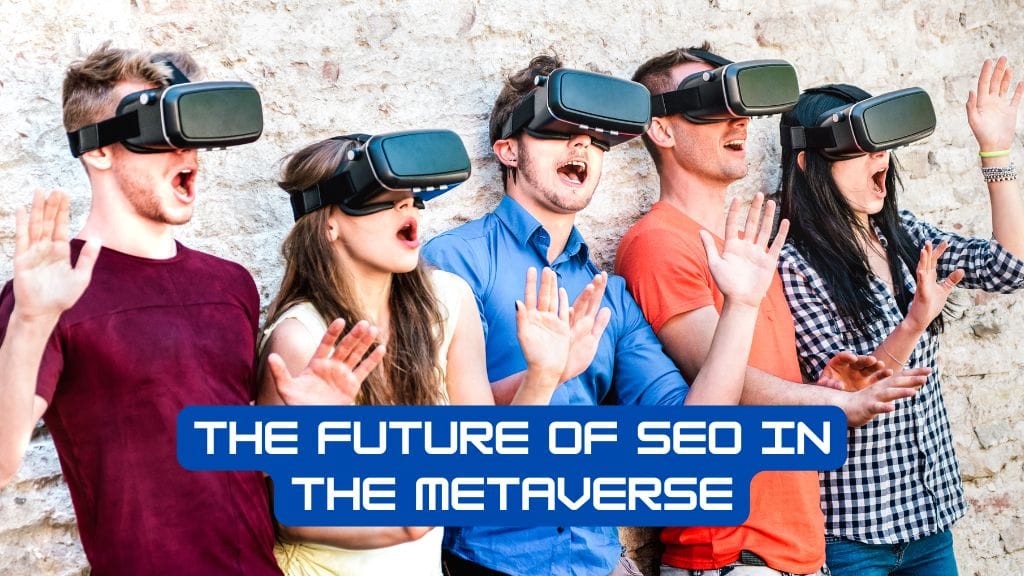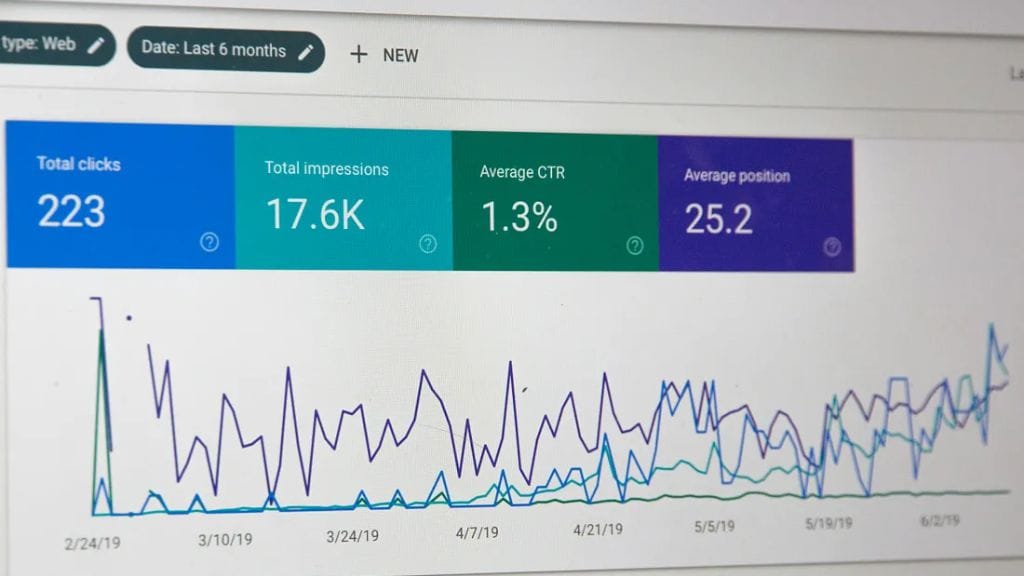The Future of SEO in the Metaverse: The Metaverse is rapidly becoming a buzzword across industries, reshaping how we interact, shop, and even learn. But what exactly is it? At its core, the Metaverse is a digital universe that blends virtual reality (VR) and augmented reality (AR), offering immersive experiences to users.
For businesses, the Metaverse opens up endless possibilities to connect with their audiences in unprecedented ways. However, to succeed in this space, brands must rethink their SEO strategies, evolving from optimizing web pages to optimizing virtual environments.
Understanding the Metaverse and Its Core Components
Virtual Reality (VR) and Augmented Reality (AR)
The Metaverse thrives on technologies like VR and AR. These tools create immersive spaces where users can interact with content and each other, driving new levels of engagement. For example, VR can transport users to a fully digital world, while AR overlays digital content onto the real world, enhancing the physical environment with virtual elements.
Key Platforms Driving the Metaverse
Tech giants like Meta, Decentraland, and Roblox are shaping this digital universe. For brands, these platforms offer opportunities to build virtual spaces and showcase their offerings. For instance, Roblox allows users to create and share their own experiences, providing a platform for brands to engage with younger audiences in a virtual setting.
Impact on Digital Experiences
From virtual storefronts to interactive product demos, the Metaverse transforms how users experience brands, making traditional SEO approaches obsolete. Imagine walking through a virtual IKEA store, where you can view furniture in 3D and even place it in a virtual replica of your home to see how it fits.
How SEO Will Evolve in the Metaverse
From Text to Immersive Content Optimization
Gone are the days of focusing solely on text-based keywords. In the Metaverse, 3D models, videos, and interactive content will be the norm. Brands will need to optimize these assets to rank higher in virtual search results. For example, creating a detailed 3D model of a product that can be explored by users in a virtual environment will be crucial.
Importance of Metadata in 3D Environments
Metadata plays a crucial role in helping search engines understand immersive content. From tagging 3D objects to creating AR-friendly sitemaps, metadata will be a game-changer. For instance, a virtual shoe store can use metadata to tag each shoe model with relevant keywords like “running shoes” or “formal shoes,” enhancing searchability.
Transition from Traditional Keywords to User Intent
Search behavior in the Metaverse will prioritize user intent. Imagine searching for “comfortable chairs” and seeing a 3D chair you can “sit on” virtually. The focus will shift to creating content that aligns with user needs in real-time. This means understanding and predicting what users are looking for and delivering interactive experiences that meet those needs.
Opportunities for SEO in the Metaverse
Leveraging Virtual Spaces for Branding
Imagine a virtual showroom where customers can interact with your products. Brands like Nike are already experimenting with virtual stores, paving the way for others to follow. In a virtual Nike store, customers can view products, try them on avatars, and purchase them, all within the digital realm.
Optimizing for Voice and Gesture Searches
As users rely more on voice commands and gestures to navigate, SEO strategies must adapt. Think of optimizing for phrases like “show me eco-friendly products” spoken into a VR headset. This will require a new approach to keyword research and content optimization, focusing on natural language and user interactions.
Importance of Personalization
Personalization will be key in the Metaverse. With advanced analytics, brands can create customized experiences for users based on their preferences, leading to higher engagement. For instance, a virtual clothing store could use data on user preferences to suggest outfits and styles tailored to each individual.
Challenges of SEO in the Metaverse
Technological Barriers
Not everyone has access to high-end VR devices. Brands will need to find solutions to ensure their content is accessible across varying technologies. This might include optimizing for lower-end devices or offering alternative experiences for users without VR headsets.
Data Privacy Concerns
With the wealth of data collected in the Metaverse, maintaining user trust will be critical. Ethical data practices and transparent policies will help brands stand out. Ensuring users know how their data is used and providing options for privacy will be essential.
Standardization of SEO Practices
The lack of unified SEO guidelines for the Metaverse poses a challenge. Collaboration across platforms will be necessary to create standardized practices. Industry leaders will need to work together to establish best practices and ensure consistency.
Practical Examples and Case Studies
Companies like Gucci have launched virtual stores in platforms like Roblox, showcasing the power of Metaverse SEO. These examples highlight the potential for early adopters to capture audience attention and build brand loyalty. A virtual Gucci store allows users to explore products, try them on their avatars, and purchase exclusive items, creating a unique brand experience.
The Role of AI in Shaping SEO for the Metaverse
AI will revolutionize Metaverse SEO by analyzing user behavior and suggesting personalized experiences. From predictive analytics to content optimization, AI will be at the heart of this transformation. For example, AI can help brands understand user preferences and tailor content to meet their needs, enhancing engagement and conversion rates.
How Brands Can Prepare for the Future
- Invest in AR/VR technologies: Embrace the tools that will drive the Metaverse and explore how they can enhance your brand’s presence.
- Focus on creating immersive content that resonates with users: Develop engaging and interactive experiences that captivate your audience.
- Partner with experts: Collaborate with leaders in the field, like Ranks Digital Media, to stay ahead in this competitive landscape.
Conclusion
The Metaverse presents both exciting opportunities and unique challenges for SEO. By embracing this new frontier, brands can connect with audiences in ways previously unimaginable. As technology evolves, it’s crucial to adapt SEO strategies to stay competitive. Ready to take your brand into the Metaverse? Start preparing today!
FAQs
What is Metaverse SEO?
Metaverse SEO involves optimizing content for virtual and augmented reality platforms to improve visibility in the Metaverse.
How can small businesses leverage Metaverse SEO?
Small businesses can create virtual storefronts and optimize their content for voice and gesture searches to attract new audiences.
What role does AI play in Metaverse SEO?
AI enhances SEO by offering predictive analytics, content suggestions, and personalized user experiences.
What are the challenges of optimizing for the Metaverse?
Key challenges include technological barriers, data privacy issues, and the lack of standard SEO practices.
How is Ranks Digital Media prepared to help brands in the Metaverse?
Ranks Digital Media specializes in cutting-edge SEO strategies, helping brands navigate the complexities of the Metaverse effectively.






